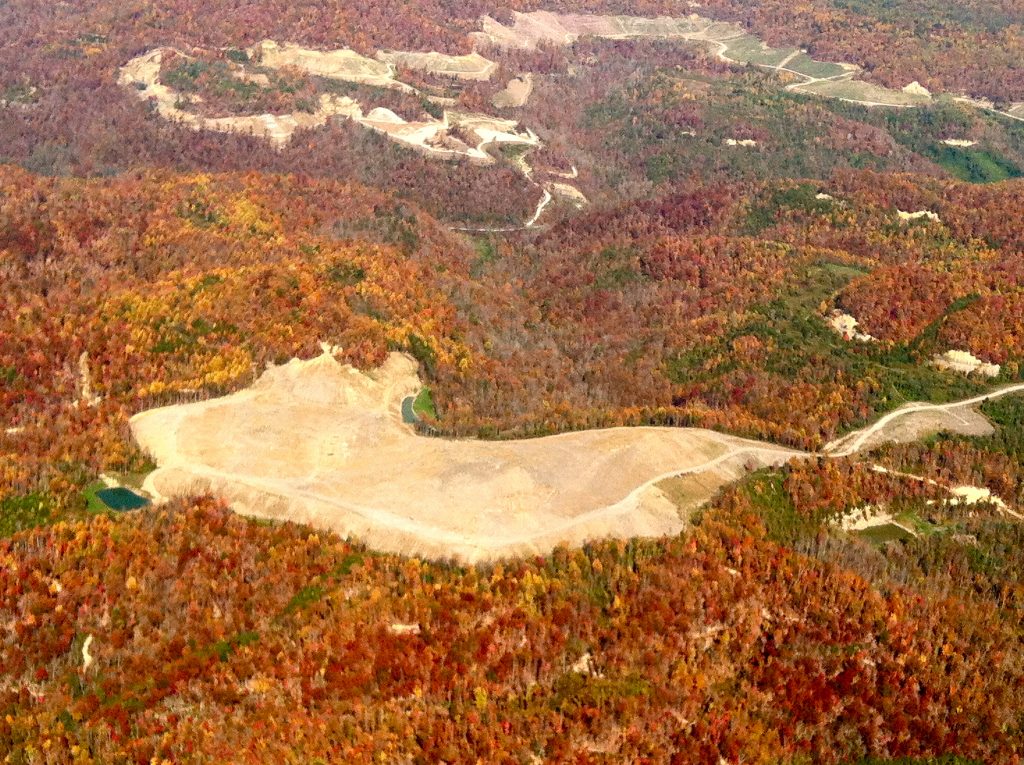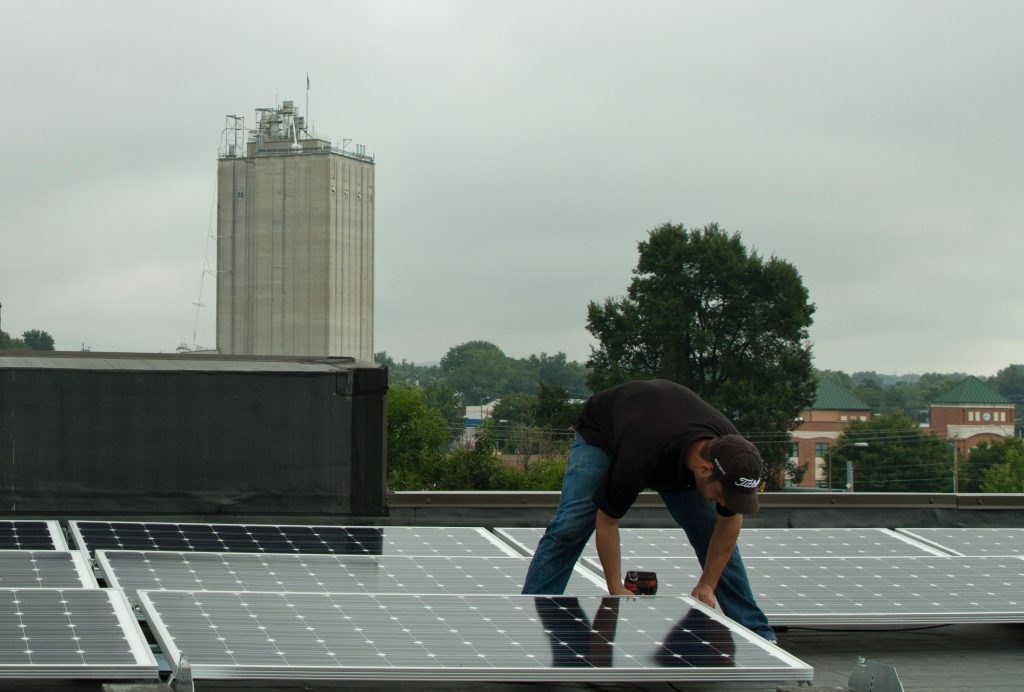Cleaning Up Coal Ash
For well over a century, power plants across the country have burned coal to generate electricity. And for just as long, leftover coal ash has been dumped in open, unlined pits near the power plant, usually located on a river or lake. Every year, U.S. power plants produce 130 million tons of coal ash, which is the second largest waste stream in the country after municipal garbage.
Coal ash concentrates the toxic heavy metals found in coal, including arsenic, mercury, lead and selenium. Stored in unlined, wet impoundments, coal ash has been leaking these toxics into our groundwater and surface waters for years. Sometimes these impoundments collapse — with disastrous results.
Yet government regulations for coal ash management are either non-existent or sparse, and there is little enforcement of the regulations that do exist. In North Carolina, this lack of oversight — and the complicity between state regulators, elected officials and Duke Energy — came to a boiling point in February 2014 when one of Duke’s coal ash impoundments spilled 39 million tons of ash into the Dan River.
Citizens living near North Carolina’s 33 coal ash impoundments — all of which have leaked — have fought for transparency from Duke and the state, and for cleanup of the pollution that threatens their property value, health and family. Their actions forced this issue into the headlines of news networks and to the forefront of environmental justice conversations in the United States.
Appalachian Voices stood with these communities as we worked for years to compel Duke Energy and the N.C. Department of Environmental Quality to excavate coal ash from all the North Carolina sites and dispose of it either in lined, dry landfills, away from waterways, or by recycling it for concrete or other uses, provided it’s done in a manner that protects public health and the environment.
On Jan. 2, 2020, North Carolina announced a historic settlement with one of the state’s most powerful corporations and polluters, Duke Energy. The settlement requires Duke to move nearly 80 million tons of toxic coal ash at six of its power plants to properly lined landfills onsite or recycle it.

Learn information about specific coal ash impoundments in the South, including health threats and safety ratings:
Additional Resources
Fact sheets, videos, links to academic research, and more
Sign Up to Act
Help us protect the health of our communities and waterways.
Latest News
Our hope for the year ahead
Appalachian Voices is beginning 2016 stronger than ever and positioned to advance a positive future for the region we all love. Standing with citizens from across Appalachia and from all walks of life, we are hard at work and have high hopes for the year ahead.
The 2016 General Assembly session begins in Virginia
Clean energy is a major area for potential policy changes during this year’s General Assembly session. But some of the most exciting measures that legislators are considering face significant challenges. Here is a roundup of energy bills to watch.
Open for business — APCo’s energy efficiency program
For folks living and working in western Virginia, Appalachian Power Co. is now offering its first-ever energy efficiency audit program for homeowners. There’s quite a lot more APCo could be doing, but this is a good start and we applaud the company.
Federal agency considers restricting surface mining in Tennessee
Ridgeline corridors across a 67,000-acre area of Tennessee could be protected from surface mining. The U.S. Office of Surface Mining Reclamation and Enforcement is considering granting the state’s request for a ban. Submit your comment in support of the Cumberland Mountains before Jan. 25!
A winning approach for the Clean Power Plan in Virginia
A new study shows that, in complying with the federal Clean Power Plan, Virginia should prioritize renewable energy and energy efficiency and allow for participation in carbon trading with other states in order to boost economic activity, cut electricity costs, and safeguard healthy air. Such an approach could yield more than $25 million a year for economic development efforts in Southwest Virginia.
North Carolina’s reckless approach to the Clean Power Plan: Part 3
By 2020, and without making any changes, North Carolina will likely be 80 percent of the way toward meeting the federal goal for cutting carbon pollution. But it would miss out on a momentous opportunity to leverage the Clean Power Plan for job growth and helping lower-income families. Rather than resist the EPA, our state leaders should step up and position the Tar Heel state as a clean energy leader.











